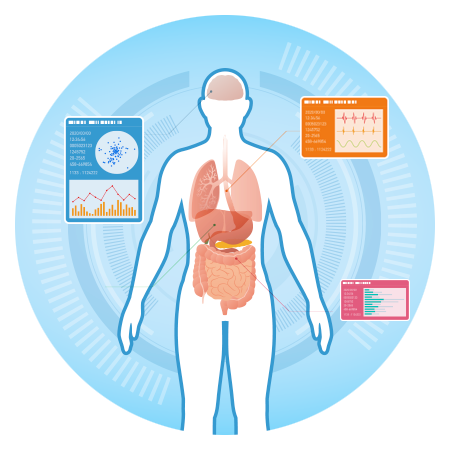Module 3: Assessment
Lesson 5
Anxiety: Need for controlled drugs and substances
Assessment should begin with an elicitation of the presenting symptoms from the patient’s perspective. Given the number of physiological conditions that can cause anxiety, attention should be given in the history to rule out potential organic causes of the symptoms. In addition, caffeine and medications such as theophylline, thyroid preparations, and albuterol can induce anxiety.
Physiological conditions that cause anxiety:
- Nutritional: vitamin B12, folate, iron deficiencies
- Cardiac: CHF, ischemic heart disease, arrhythmia, mitral valve prolapse
- Cancers: carcinoid syndrome, pancreatic cancer, lung cancer, pheochromocytoma
- Pulmonary: asthma, COPD, sleep apnea, pulmonary embolism, hypoxia
- Hematological: anemia
- Metabolic: thyroid disease, hyperparathyroidism, hyponatremia,
hypokalemia, hypo- or hyperglycemia, Cushing’s syndrome, Addison’s disease- Neurological: stroke, TIA, Meniere’s disease, multiple sclerosis, encephalopahty,
subdural hematoma
Reference:
- Loomis, D. M., Griswold, K. S., & Pastore, P. A. (2015). Psychosocial Problems. In L. M. Dunphy and J. E. Winland-Brown, Primary Care: The art and science of advanced practice nursing. Philadelphia, PA: F.A. Davis.
